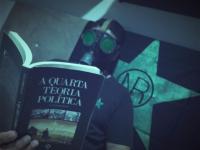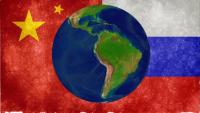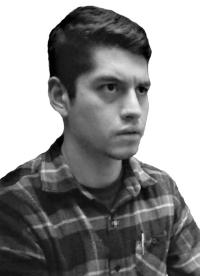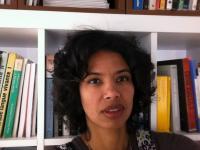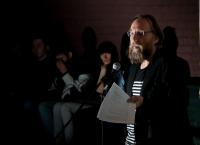Nationalism in the Third World & the idea of a Fourth Political Theory
The anti-imperialist struggle, in political contemporaneity, possesses a radically third-worldly, patriotic, anti-systemic and multipolar characteristic.
The political blocks underlying the current conflicts do not consist of all those old ideological blocks which used to dispute hegemony during the Second World War and, subsequently, during the Cold War anymore. Said in a different way, politics in concrete, today, is not expressed anymore through a tri-partition between American liberalism, Soviet communism and Italo-German fascism, and much less between a dual division between a capitalist block and a socialist block.



